Staying Connected and Keeping VHF Alive
I enjoyed watching the recent Tech Night Zoom-cast on the topic of “VHF Plus”. I picked up on a lot of things I had not known a lot about, with topics on satellite and understanding propagation shifts for long-distance DXing.
I often refer to 2 meters – and the similar frequency ranges – as the “gateway bands”. This is where most new hams start. They get their Technician License, buy a cheap Chinese HT, and start using the local repeaters or trying ‘simplex’ with some success.
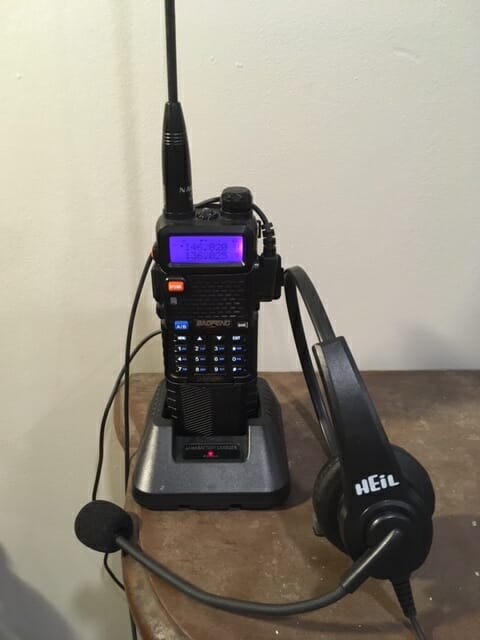
However, after time goes by, a lot of hams get their General or Extra ticket and start using only the HF bands – unfortunately, not realizing all that 6 meters and above has to offer.
Things To Do With Just a Tech License
Even though I got my General and Extra License and started to use HF, I still stay connected to my HT and tune into 146 and 440 all the time. I have an HT in my car, always scanning the Hollis, Derry, and the Westford Repeaters. I’ve committed myself to make a couple of calls each day, just to keep the repeaters active and doing my part to keep VHF alive.
I also like to use the EchoLink app on my iPhone to make contacts on repeaters from England to California. One Saturday, I spent an hour talking to someone in San Jose, the place I went to high school. Another Saturday, I talked to another ham in Leicester, England – a town I once visited. You never know who is out there on the other end on Echo Link.
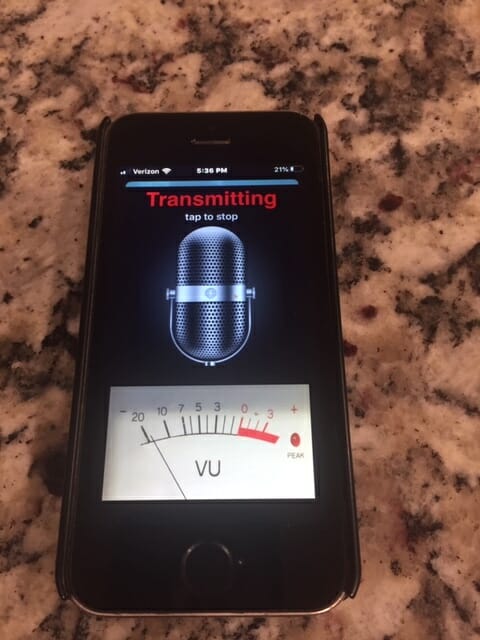
Public Service
As some of you know, I really enjoy doing public service work with my HT. Last year, before all of the COVID-19 problems, I had a chance to work two Boston Marathon events and the Head of the Charles Regatta. During the regatta, I was stationed on a rescue boat, always staying connected to Net Control during our rescue missions. All very worthwhile and showing how important ham operators are to these events
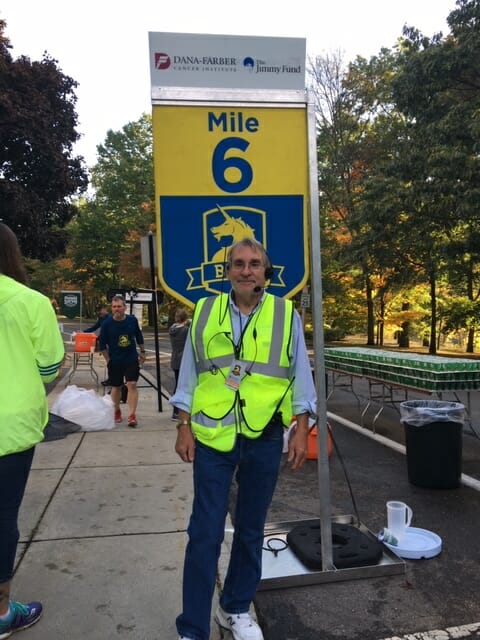
Meeting Other Hams on 2 Meters
And recently, I got a real kick out of talking to local hams up in York County, Maine while on vacation. I was working 20 meters up there when I heard a local sounding voice coming on the air, suggesting that I tune to 2 meters and join their local net. What I found was a group of guys who get together each night on VHF simplex just to stay in touch with each other. I was also impressed by their enthusiasm for the FM bands, stretching them to the limits. One ham is always working simplex up and down the New England coast on an old-modified public service transceiver, putting out over 100 watts. Another fellow had connected his 2m – 70cm base station to things like EchoLink, WinLink, and other digital modes.
So, after watching Fred’s Zoom-cast on VHF Plus, along with my recent experience in Maine – and more – I feel even more like keeping my HT handy, trying different things with experimenting on VHF and UHF.
Instead of just spending hours and hours on one HF pile-up after another, I think it is good to keep the VHF and UHF alive and I am finding new things to do here.
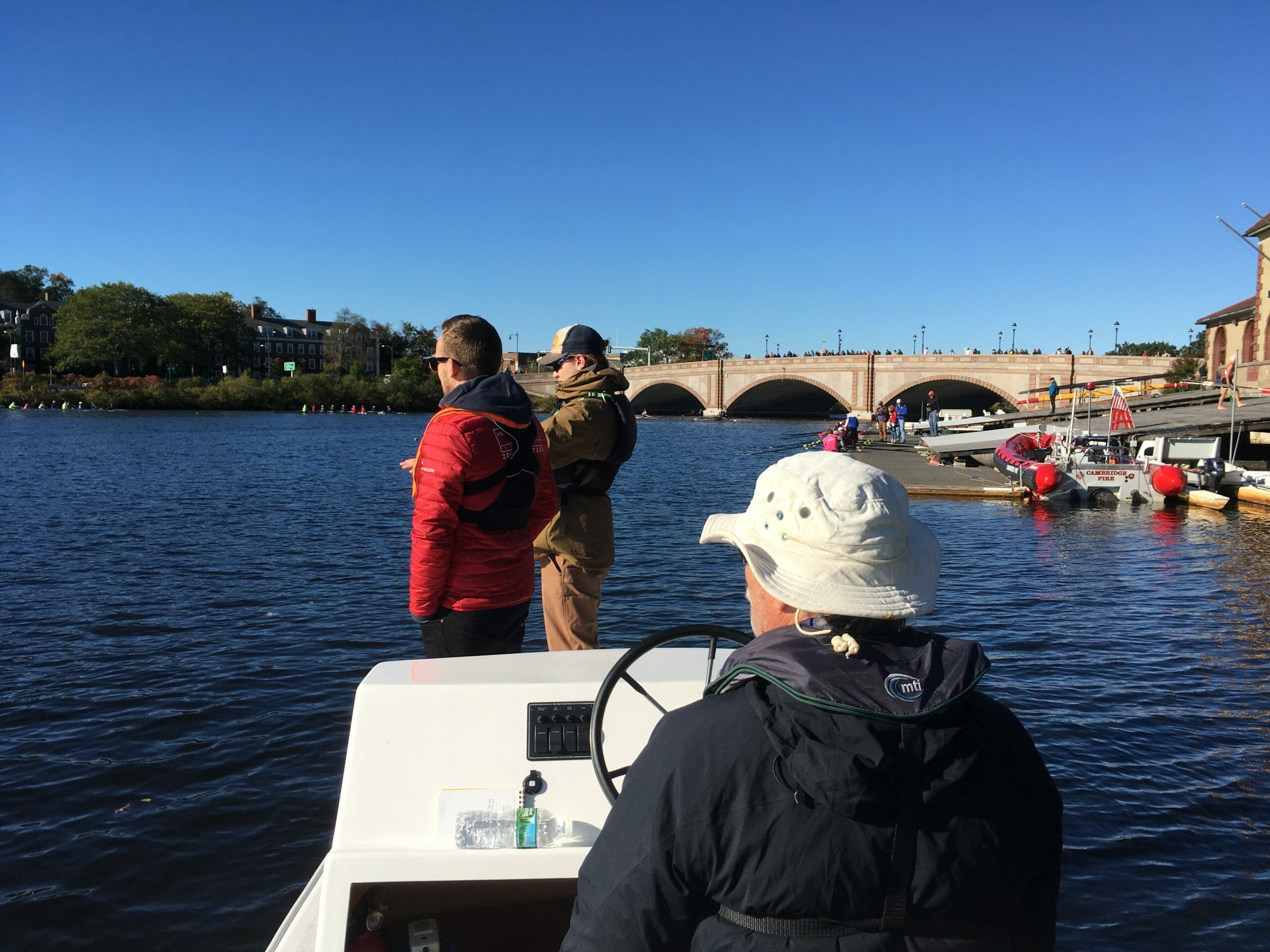
Randall, N1KRB

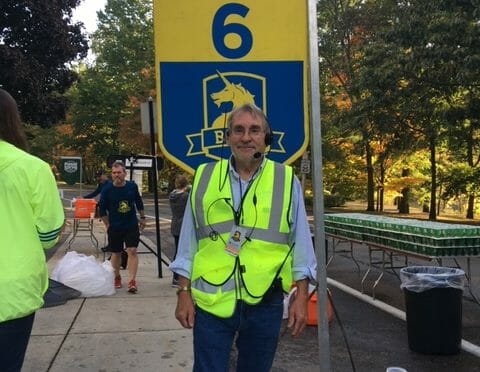
Really enjoyed this article. Since NARS helped me obtain my licence last Oct/Nov, I’ve been thoroughly enjoying my dual-band, mobile rig whenever I’m out and about. Of course, it’s provided lots of entertainment outside the 2m and 440 bands, letting me play around with APRS and WiresX, etc. But I started out the same way you described, with a Chinese HT and an inexpensive 1/4 wave mag-mount antenna. Had many qso’s over area repeaters and it was still enough to listen to the ISS! (Again, full credit to NARS for the info that got me there.) I’ve since upgraded my car radio but still use my little five-watt HT’s from the house and, while I’m dying for an HF setup and a basic ham-shack, my home antenna installation challenges have proven too demanding for me physically. For now, I just learn with and enjoy what I have. Thanks for a great article. It really evoked some renewed enthusiasm for the journey I’ve only just begun.
– Jim B, N1SAK